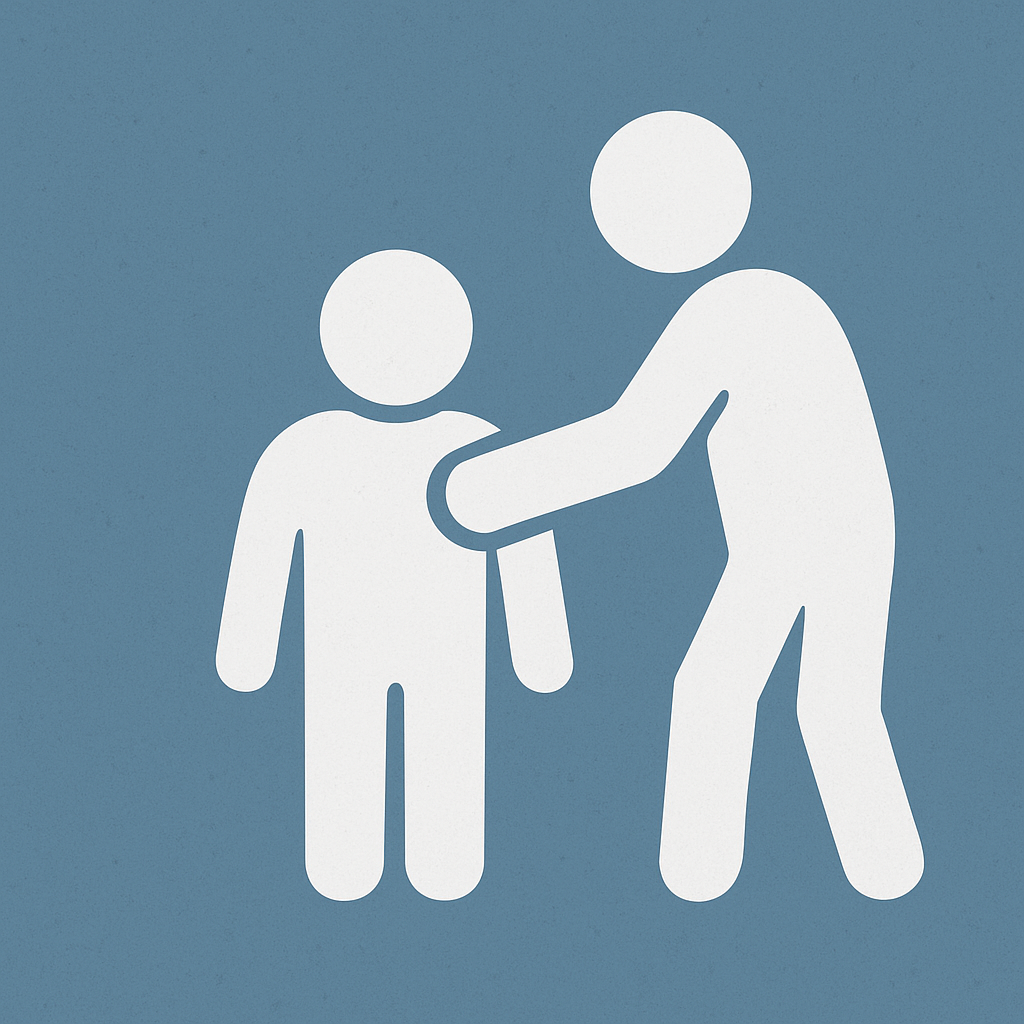
By Dr. Vivek G. Vasoya, MD (Homeopathic Psychiatrist)
Caring for individuals with complex medical and psychiatric disorders is a marathon, not a sprint. Behind every such patient stands a caregiver—often a family member—whose own emotional, physical, and psychological well-being is frequently overlooked. As clinicians, we devote attention to managing the multidimensional challenges our patients face. But we must also address the silent strain borne by their caregivers. Their suffering is often hidden, but no less real.
The Hidden Weight of Caregiving
Caregivers of individuals with dual medical and psychiatric conditions carry a unique burden. They may be managing unpredictable behavior, medication regimens, frequent hospitalizations, legal complications, and personal safety concerns—all at once. Unlike caregivers for stable medical conditions, they operate in a space of uncertainty and emotional exhaustion, often without structured support systems.
Psychological studies consistently show high rates of:
Chronic stress
Depression and anxiety
Burnout and compassion fatigue
Sleep disturbances
Social isolation
These are not just symptoms—they are risk factors for the caregiver’s own decline in mental and physical health. The impact can mirror that of the patient, creating a ripple effect that affects family systems, clinical outcomes, and long-term prognosis.
Psychological Perspectives on Caregiver Distress
From a cognitive-behavioral lens, caregivers often develop maladaptive thought patterns:
“If I take a break, I’m being selfish.”
“I’m the only one who can do this right.”
“Things will fall apart if I’m not around.”
These distortions increase guilt, suppress help-seeking behavior, and exacerbate emotional exhaustion.
From a psychodynamic perspective, many caregivers—especially those caring for close relatives—may unconsciously reenact unresolved family roles (e.g., caretaker, rescuer, martyr), compounding their psychological distress. They may be driven more by duty and unconscious conflict than by capacity or desire.
From a family systems view, caregiving stress does not exist in isolation. It interacts with family dynamics, roles, communication patterns, and unresolved tensions. One person may become the “identified caregiver,” absorbing the weight of dysfunctional dynamics without adequate reciprocity.
Finally, from a biopsychosocial perspective, caregiver health is a function of interwoven biological vulnerability (e.g., chronic illness), psychological factors (e.g., resilience, coping), and social supports (e.g., finances, respite, access to care). These interacting variables must all be addressed in an effective care plan.
The Need for Systemic Change
In clinical settings, caregiver support is often treated as an afterthought. But improving caregiver outcomes is not only humane—it directly enhances patient care. Research shows that when caregivers are supported:
Hospitalizations are reduced
Treatment compliance improves
Patient relapse rates drop
Quality of life improves for both caregiver and patient
Thus, caregiver well-being should be a clinical goal, not a collateral benefit.
Strategies to Support Caregivers
1. Psychoeducation
Educating caregivers about the nature of psychiatric and chronic medical illness demystifies symptoms and reduces misplaced guilt or frustration. Explaining the biological underpinnings of disorders like schizophrenia, bipolar disorder, or neurodegenerative conditions gives context to erratic behavior and emotional volatility.
2. Emotional Support and Validation
Caregivers need to hear that their emotions—frustration, sadness, resentment, even anger—are normal. Validation is therapeutic. Structured support groups, caregiver counseling, or brief psychotherapy can help caregivers express and reframe their experiences.
3. Skills Training
Skills-based interventions, such as Family-Focused Therapy (FFT) or Behavioral Family Management (BFM), train caregivers in communication, de-escalation, and behavioral reinforcement techniques. These not only benefit the patient but empower the caregiver to feel more in control.
4. Respite Planning
Caregivers must be encouraged—and given permission—to step away periodically. Temporary care, day programs, or home-based relief services can allow them to recover physically and mentally. Without respite, burnout is almost inevitable.
5. Boundary Setting and Role Distribution
Involving extended family, friends, or community resources helps prevent one person from bearing the entire load. Clinicians can facilitate family meetings to redistribute responsibilities or set clearer boundaries.
6. Incorporating Caregiver Well-being into Treatment Planning
Healthcare teams should assess caregiver status regularly—psychologically and physically. Creating formal care plans that include caregiver goals (e.g., therapy attendance, rest schedules, health checkups) helps legitimize and institutionalize their needs.
Warning Signs: When Caregivers Need Immediate Help
Certain red flags indicate a caregiver may be approaching or has crossed the line into clinical distress:
Suicidal ideation or self-harm
Severe sleep deprivation or cognitive impairment
Neglect or abuse of the patient (intentional or unintentional)
Use of substances to cope
Disengagement from all personal interests
These signs require immediate intervention—often with the caregiver as a patient in their own right. Providers must remain alert to these signals and act quickly.
A Call to Action for Clinicians
Caring for the caregiver isn’t a luxury—it’s a necessity. As physicians, psychiatrists, psychologists, nurses, and social workers, we must recognize caregivers as co-clients. Their health is not separate from the clinical picture—it’s central to it.
Ask yourself:
When was the last time you assessed a caregiver's well-being?
Have you ever written a treatment goal centered on the caregiver, not just the patient?
Do you offer resources, referrals, or therapy options specifically for caregivers?
If not, it’s time to expand the treatment lens.
Conclusion
Caregivers are the hidden spine of the healthcare system for those with complex medical and psychiatric disorders. They carry burdens most of us will never fully grasp. We owe them more than acknowledgment. We owe them care.
As we heal patients, let us not forget those who hold them up.
- By Dr. Vivek G. Vasoya, MD
(Homeopathic Psychiatrist & Psychotherapist)
https://share.google/5bgbPMbekRzPEYRGB
#CaregiverSupport #MentalHealthCaregivers
#CompassionFatigue #InvisibleHeroes
#CareForTheCaregiver #PsychiatricCaregiving
#MedicalCaregivers #CaregiverBurnout
#FamilyMentalHealth #HolisticHealthcare





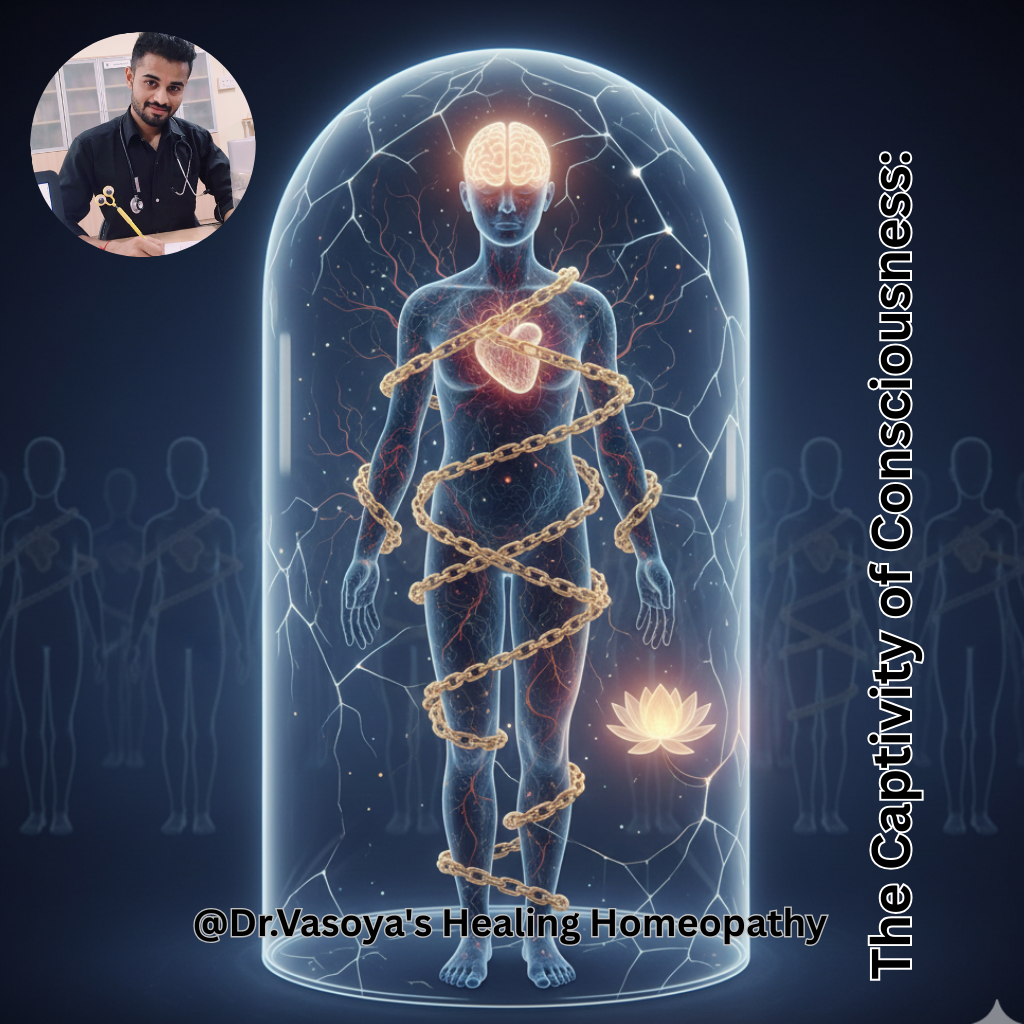




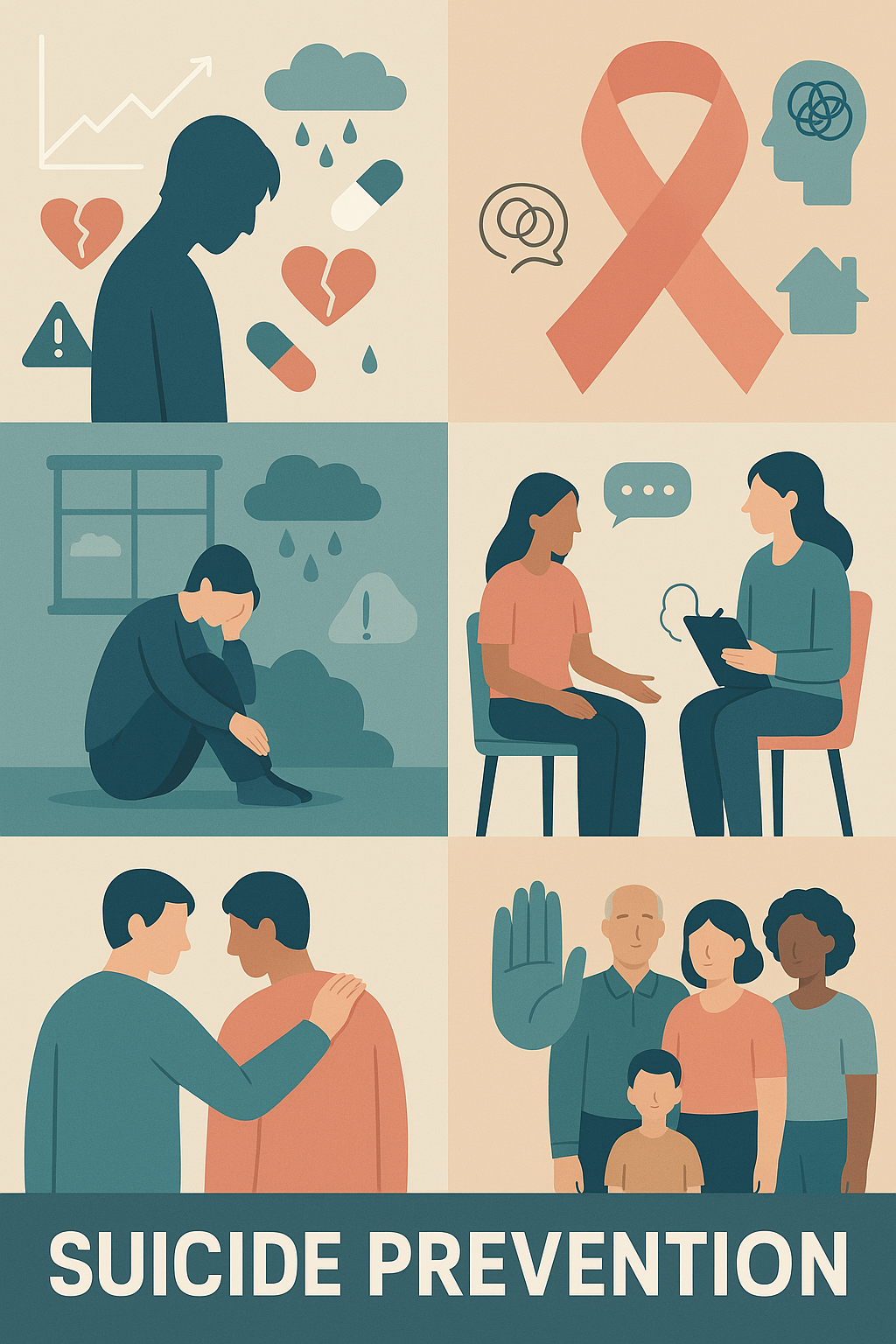
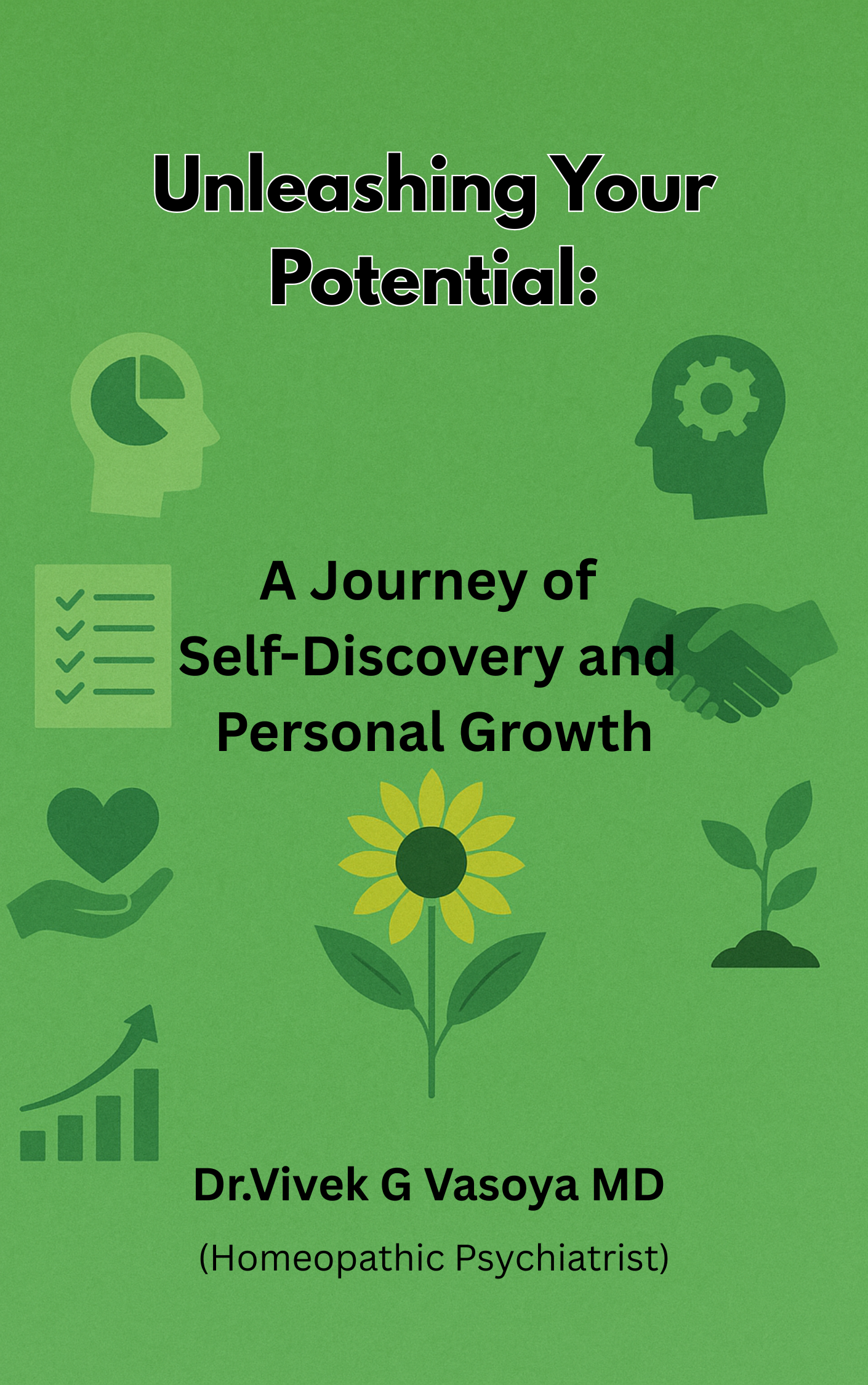
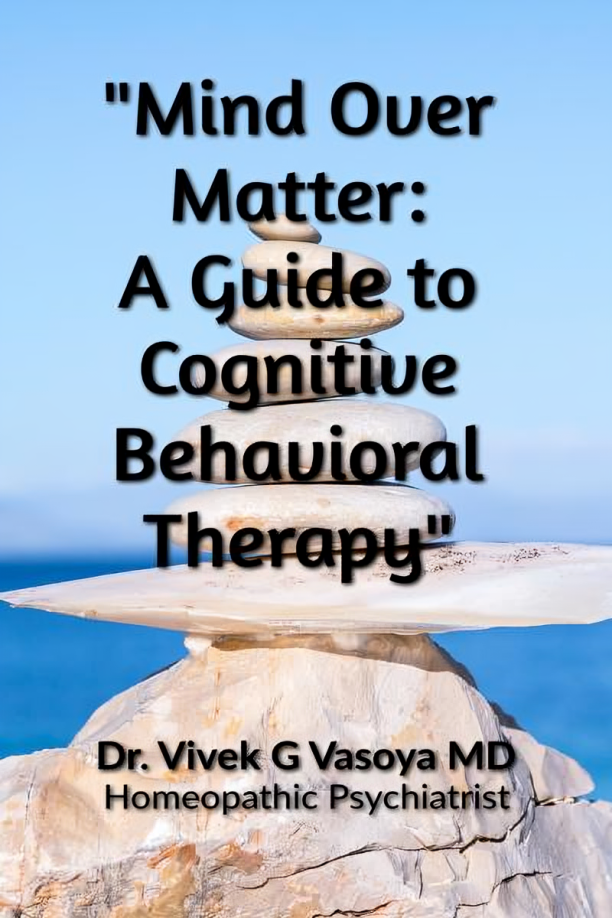
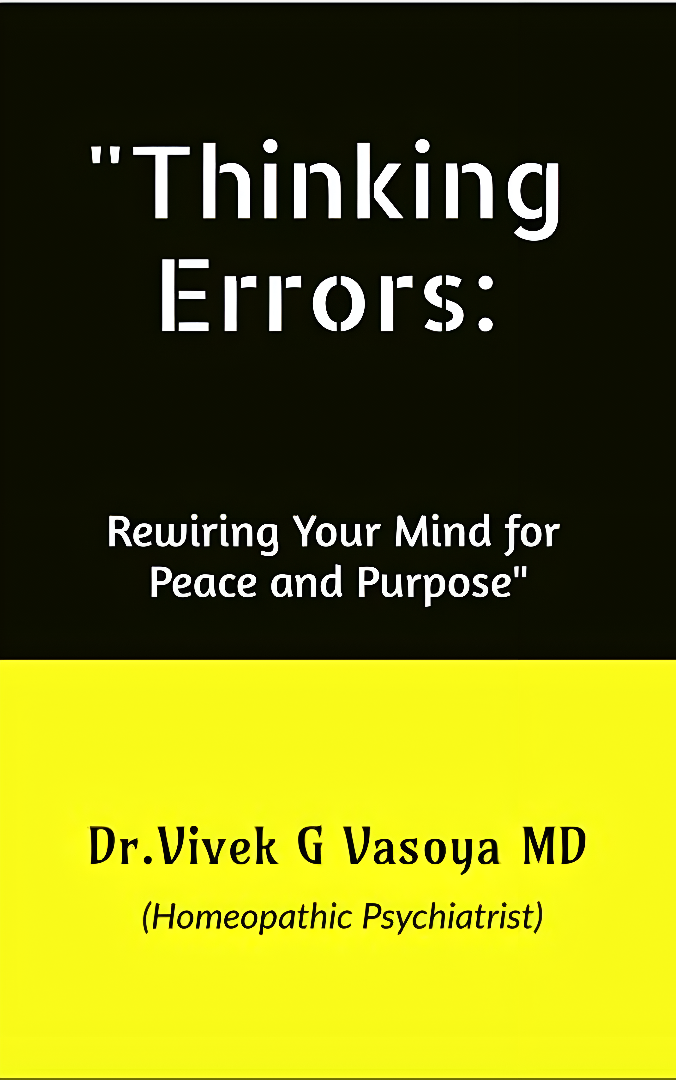
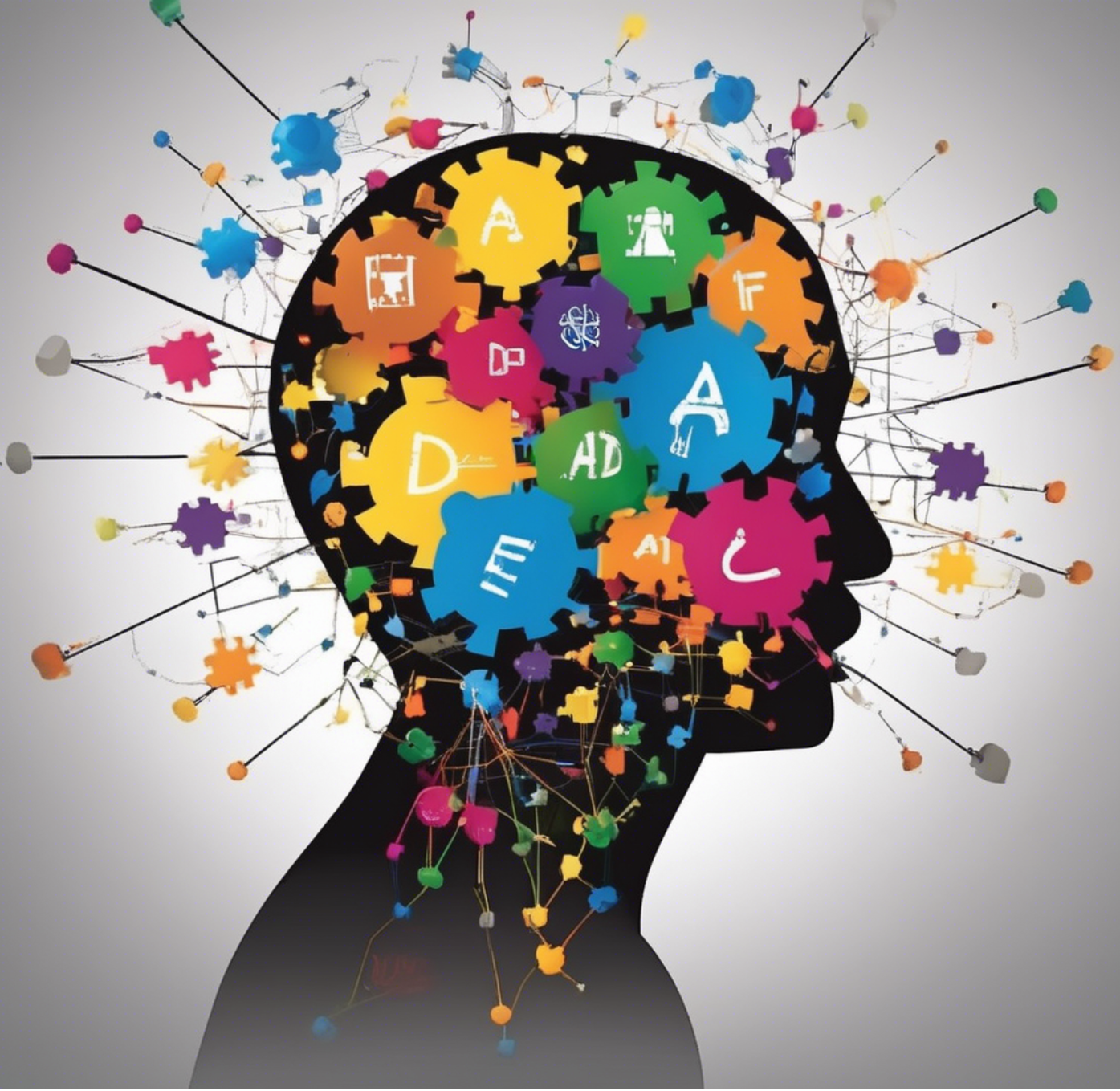
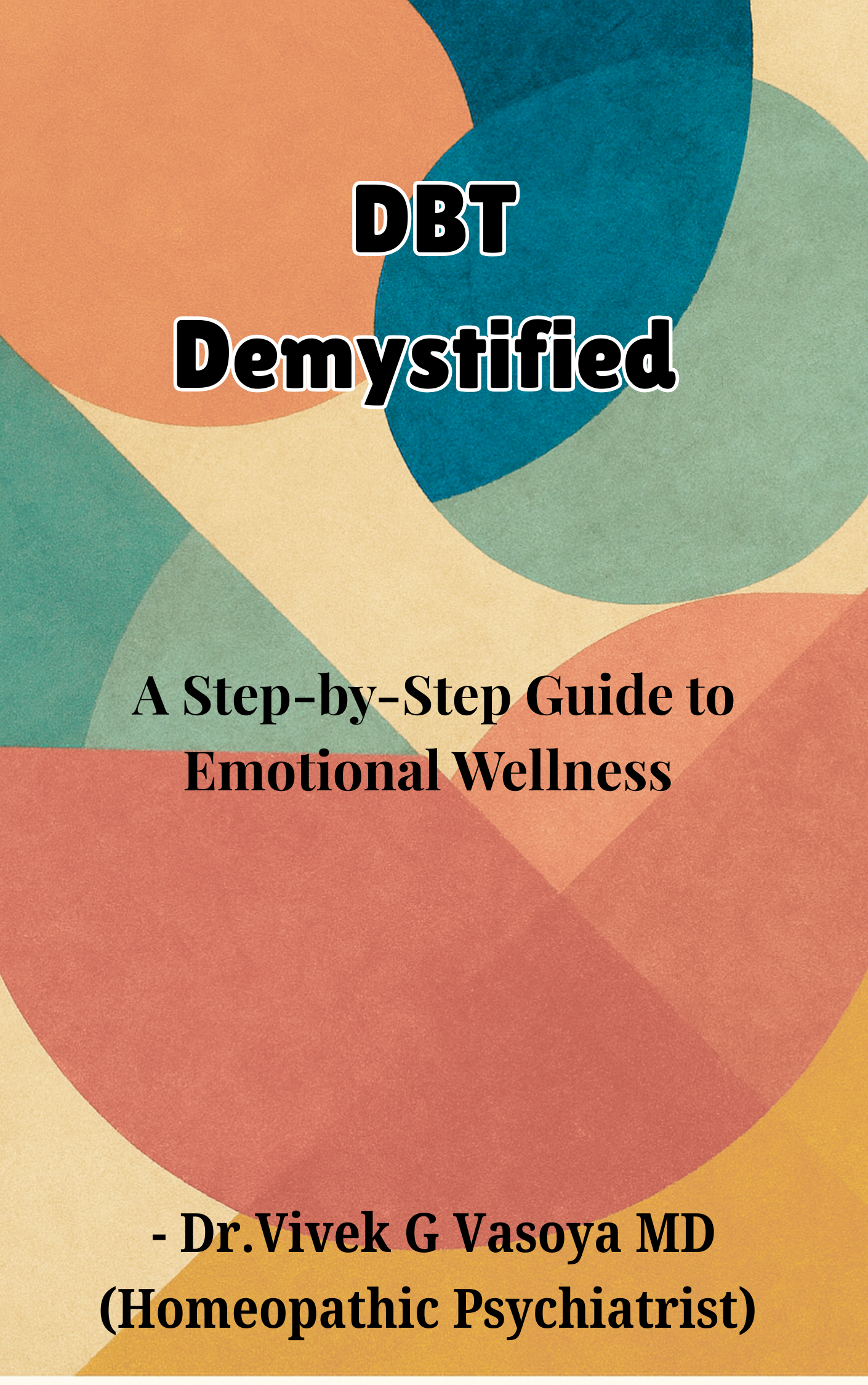
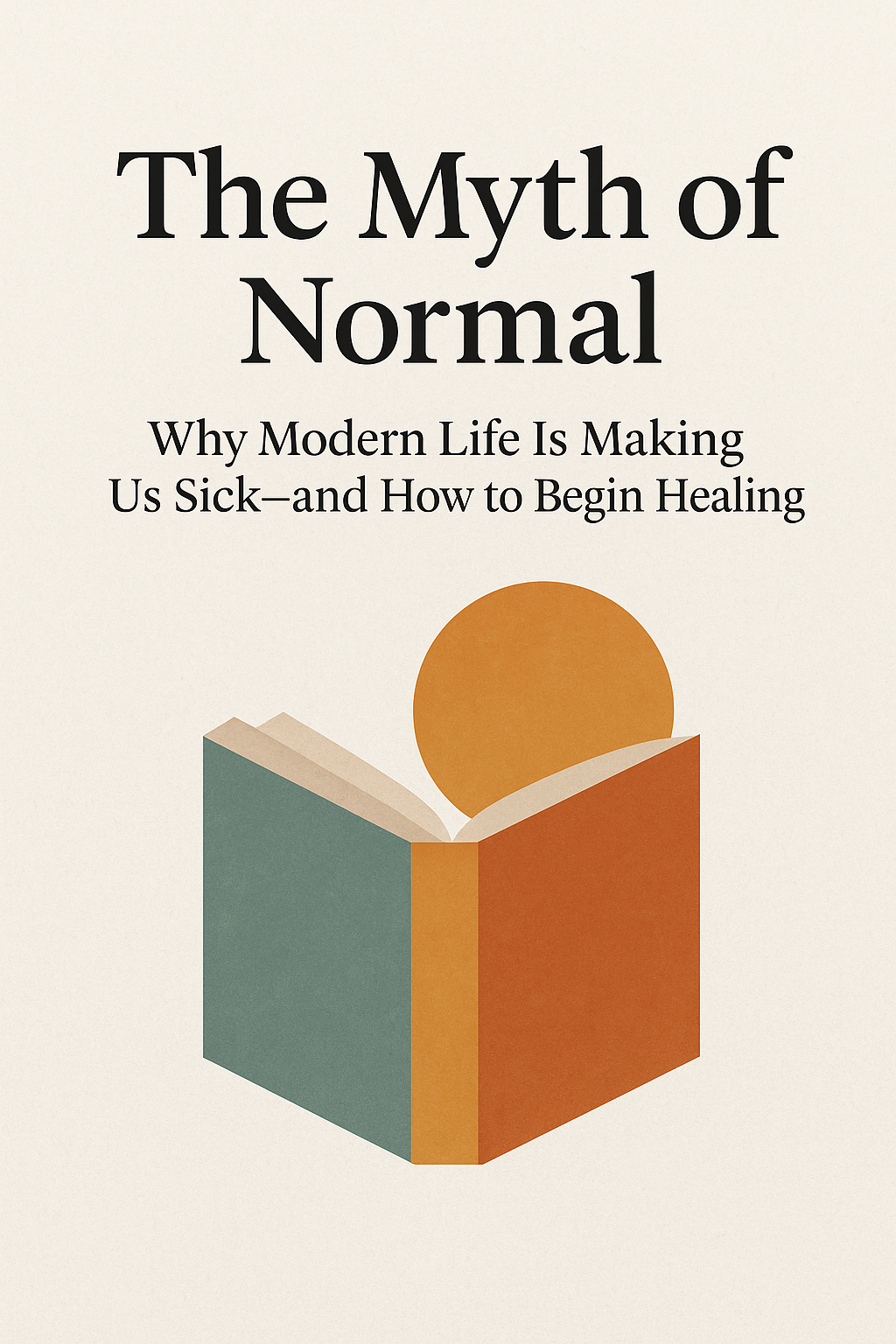



Write a comment ...